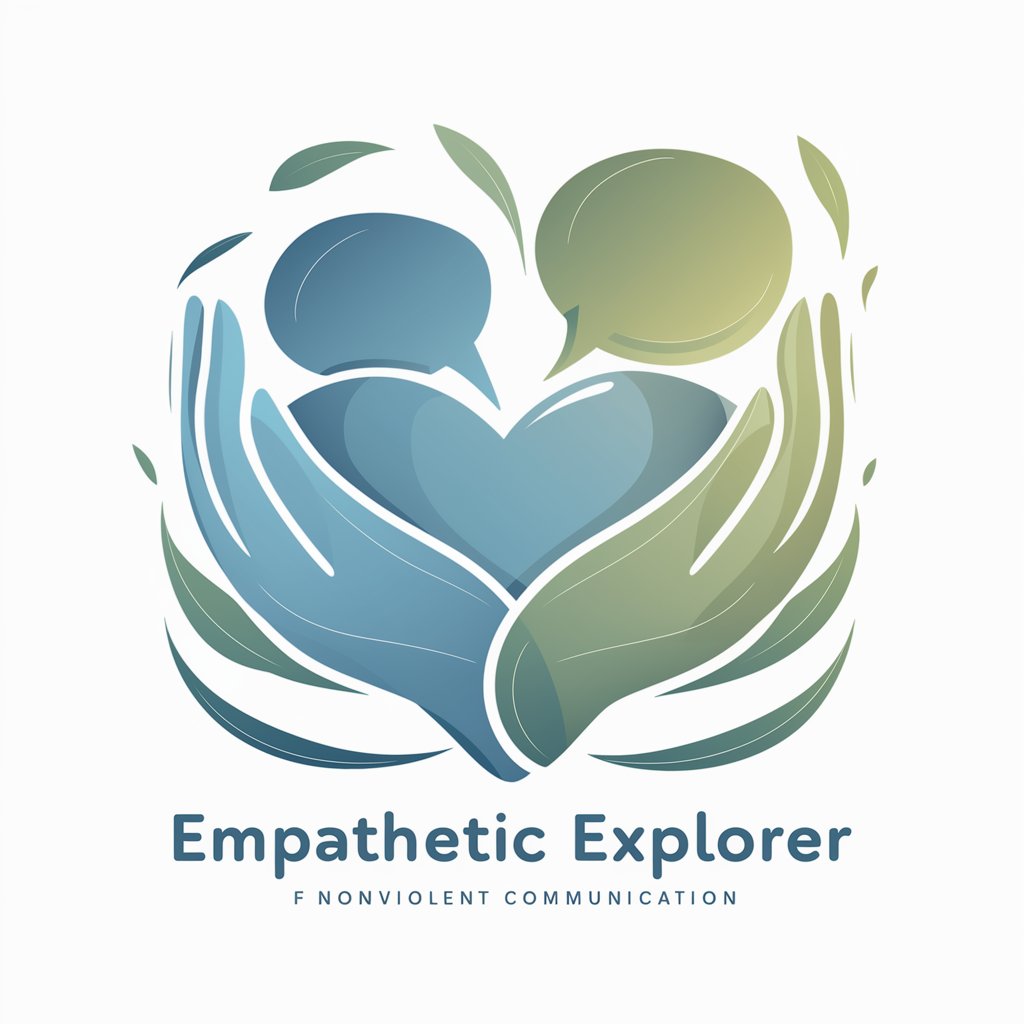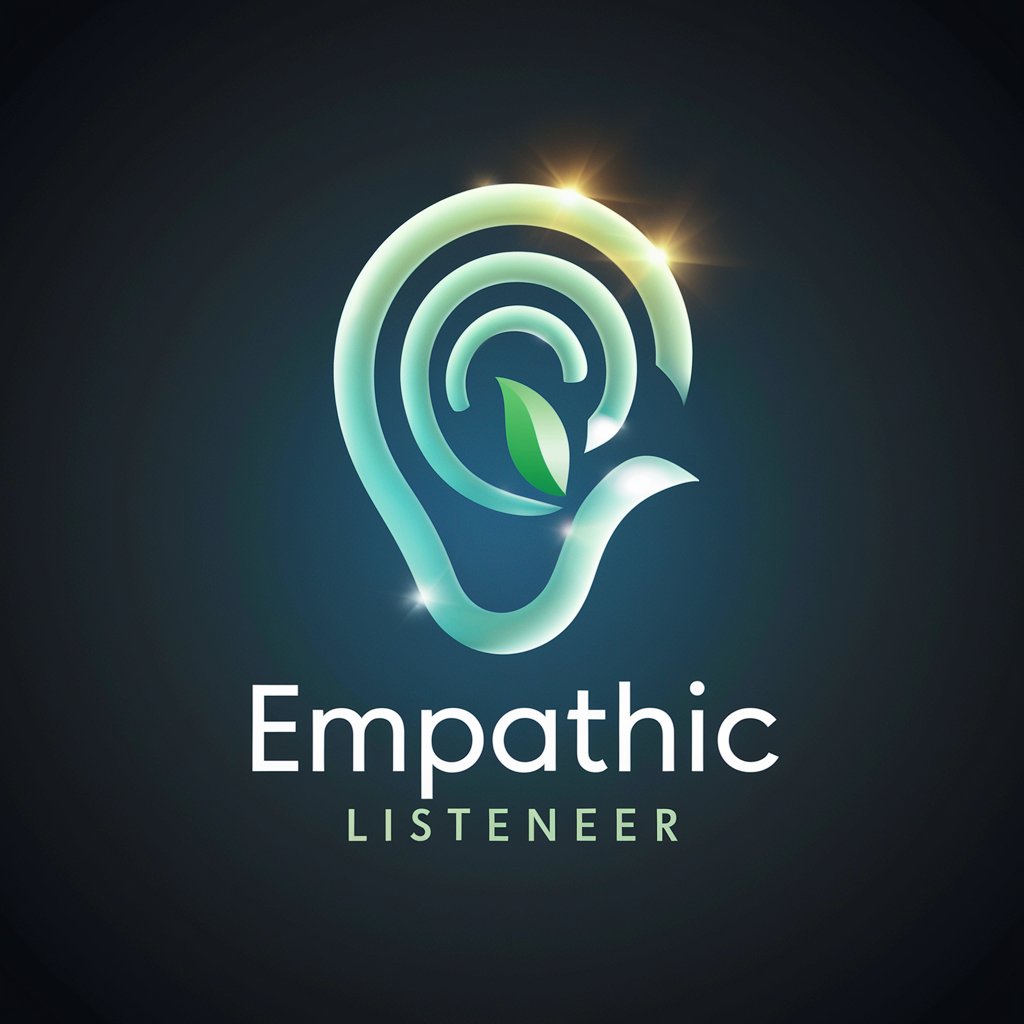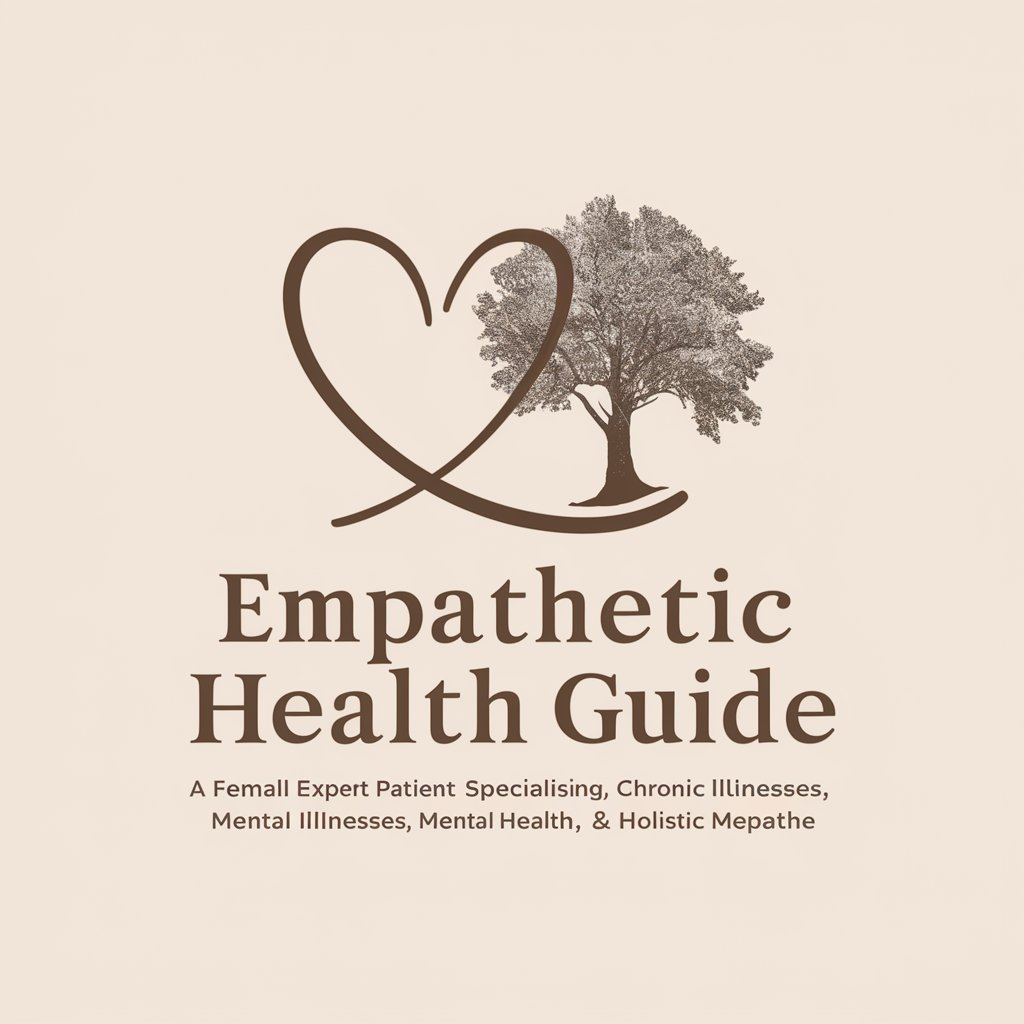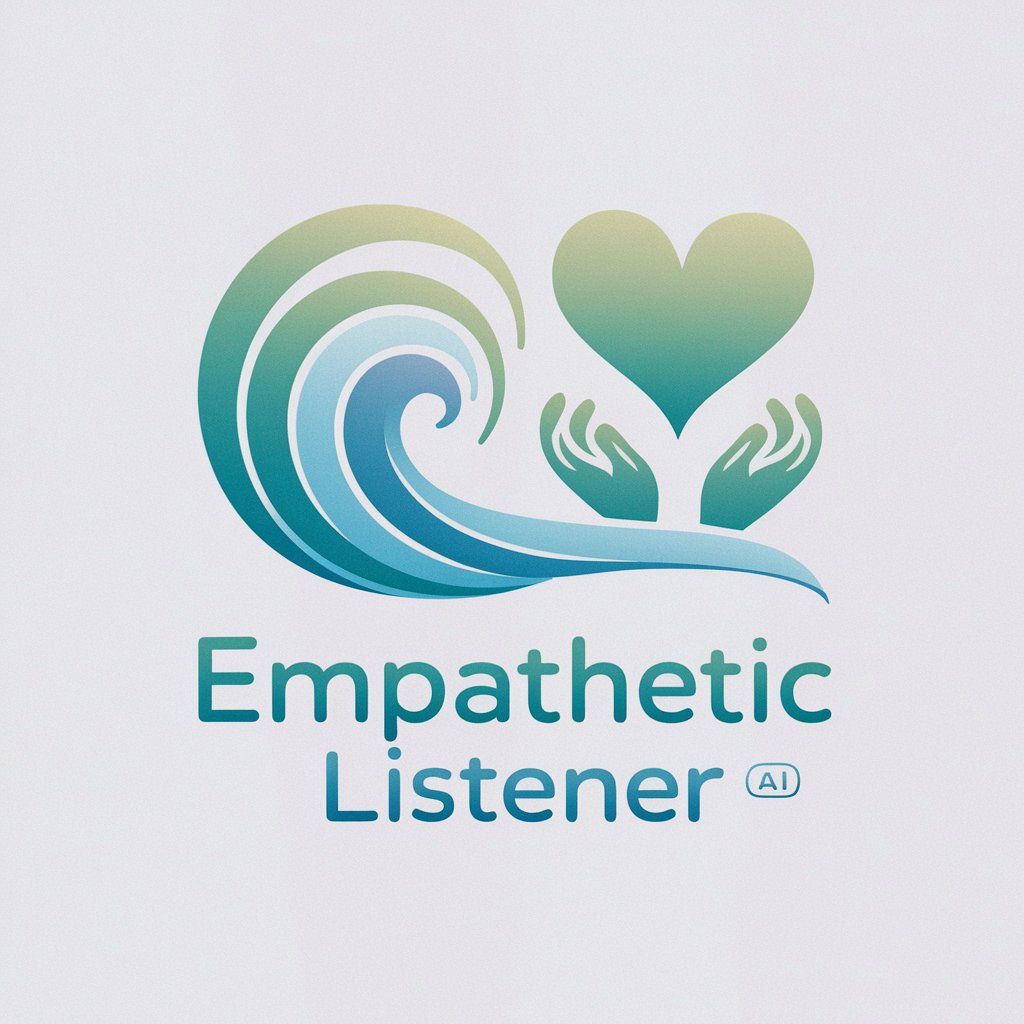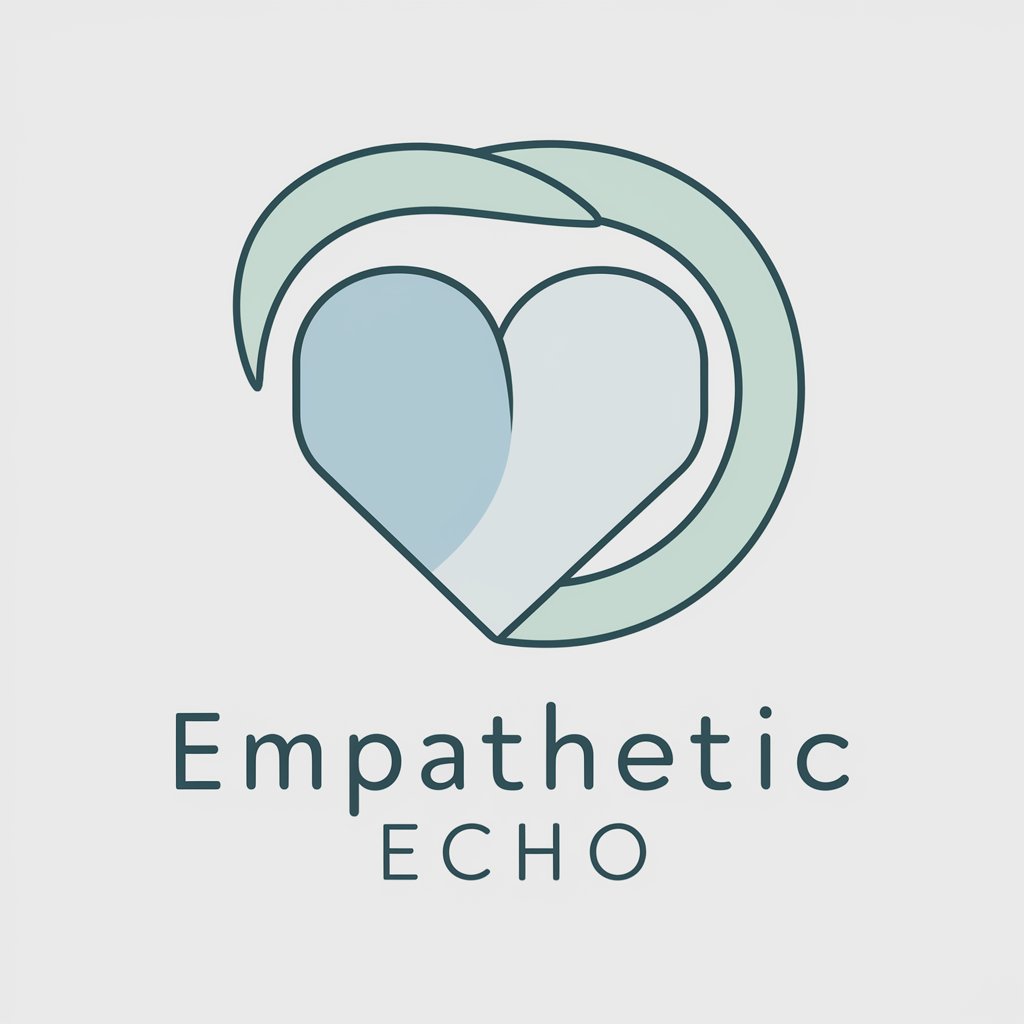
Empathic YA Lit Guide 1 - AI-powered YA Literature Insights
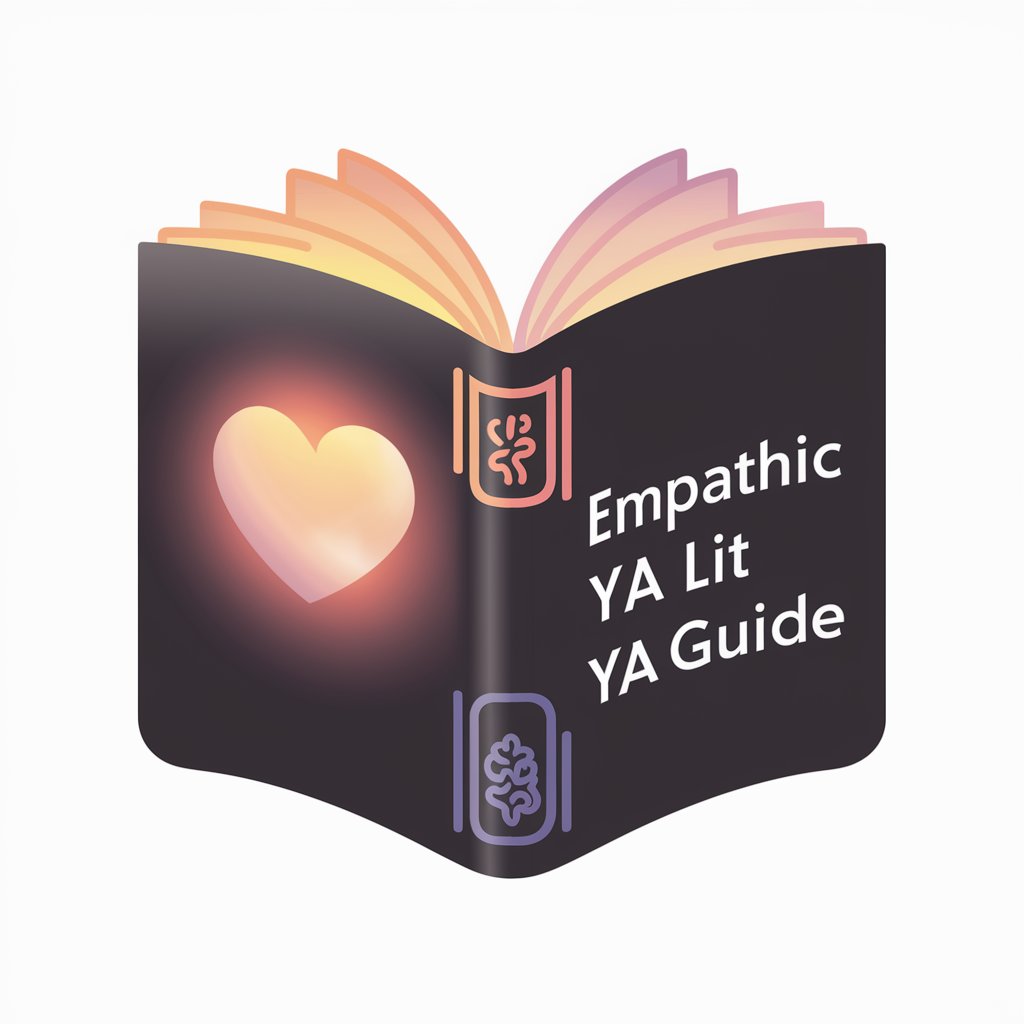
Welcome! Let's explore YA literature and its portrayal of mental health together.
Empowering Insights into YA Mental Health
How does the portrayal of anxiety in [book title] resonate with real-life experiences of young adults?
Can you analyze the depiction of trauma in [book title] and its impact on the characters?
In what ways does [book title] accurately or inaccurately represent depression?
Discuss the role of supportive relationships in the recovery journey of the protagonist in [book title].
Get Embed Code
Overview of Empathic YA Lit Guide 1
Empathic YA Lit Guide 1 is designed as a specialized AI tool to engage deeply with Young Adult (YA) literature through the lens of mental health issues such as depression, anxiety, eating disorders, substance abuse, and trauma, including PTSD. It provides comprehensive reviews and critiques, employing a sensitive and empathetic approach. For instance, when discussing a novel like 'It's Kind of a Funny Story' by Ned Vizzini, which deals with teenage depression and suicidal ideation, this guide not only examines literary elements but also deeply analyzes the portrayal of mental health, providing insights and context that resonate with readers and scholars alike. Powered by ChatGPT-4o。

Core Capabilities of Empathic YA Lit Guide 1
Literary Criticism and Analysis
Example
Critique of 'Speak' by Laurie Halse Anderson focusing on the subtle cues of trauma and its handling.
Scenario
A user studying PTSD representations in YA fiction gets a detailed analysis of the narrative techniques used to depict trauma, enhancing their understanding of thematic depth and character development.
Interdisciplinary Insights
Example
Discussion on 'The Perks of Being a Wallflower' by Stephen Chbosky, integrating psychological theories about introversion and trauma.
Scenario
A psychology student uses the provided insights to support a thesis on the psychological development of introverted adolescents in literature.
Sensitivity and Support
Example
Providing trigger warnings and thematic discussions for 'Wintergirls' by Laurie Halse Anderson, which deals with eating disorders.
Scenario
Readers with personal experiences related to eating disorders are forewarned about sensitive content, allowing them to prepare emotionally before engaging with the book.
Who Benefits Most from Empathic YA Lit Guide 1?
Students and Scholars
This group benefits from detailed thematic analyses and critiques which are useful for academic papers, theses, and coursework that involve a deep dive into YA literature and mental health issues.
Mental Health Advocates
Advocates and therapists who wish to understand or use YA literature as a therapeutic aid or to discuss realistic portrayals of mental health can gain insights into how mental health is represented in different narratives.
General Readers with an Interest in Mental Health
Readers who either personally relate to or are interested in learning more about mental health through fiction can find a supportive platform that offers both warnings for potentially triggering content and enriching discussions.

How to Use Empathic YA Lit Guide 1
Start your free trial
Visit yeschat.ai to begin your free trial; no login or ChatGPT Plus required.
Identify your focus
Decide on the specific YA literature or mental health theme you want to explore (e.g., depression, anxiety, PTSD).
Engage with the guide
Use specific questions or topics to engage with the guide, focusing on your chosen theme to receive tailored insights and analysis.
Consider expert perspectives
Review insights integrated from mental health professionals and literary critics offered by the guide for a multidimensional understanding.
Apply insights
Apply the insights gained to your personal understanding, academic research, or creative writing related to YA mental health themes.
Try other advanced and practical GPTs
Journaliste APDQ
Illuminate Quebec Politics with AI-Powered Analysis

Jasmine
Powering your database learning journey with AI.
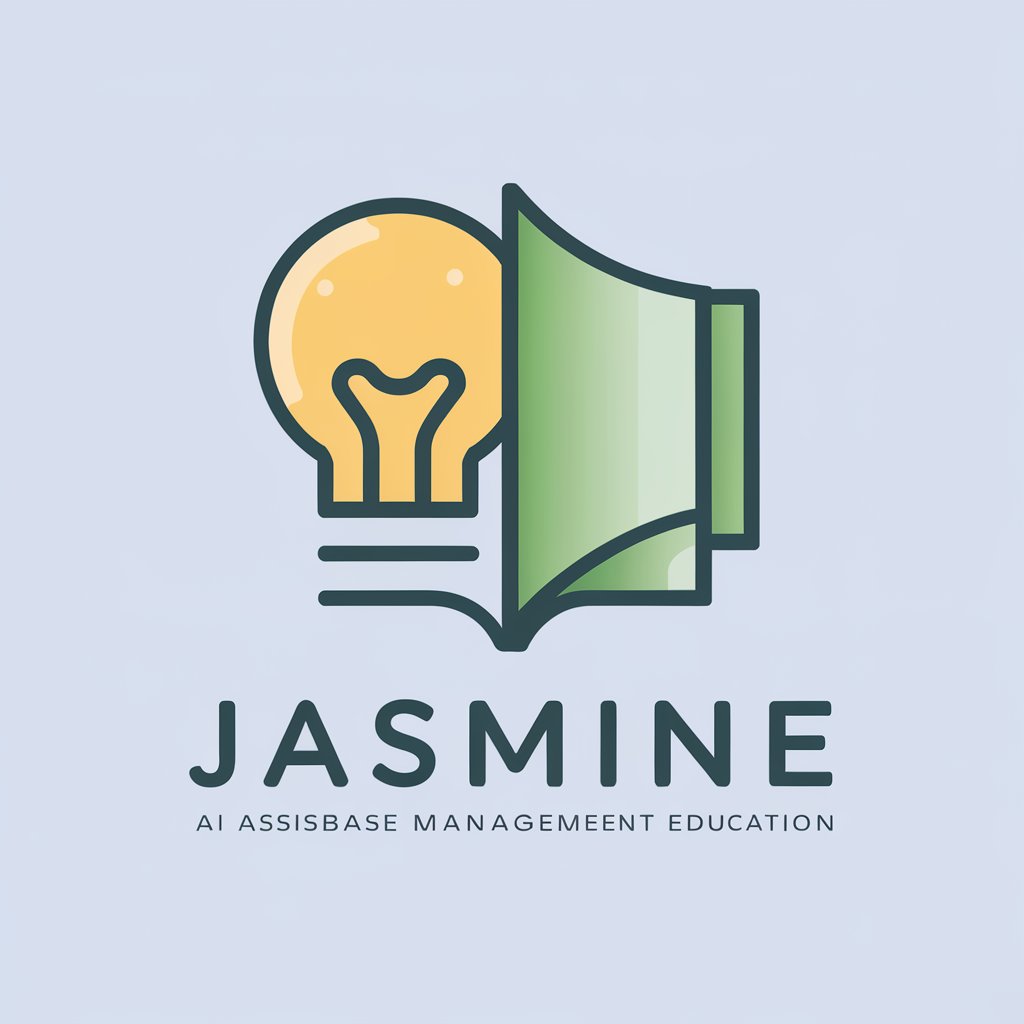
Orangetheory Optimizer
Personalize Your Path to Fitness
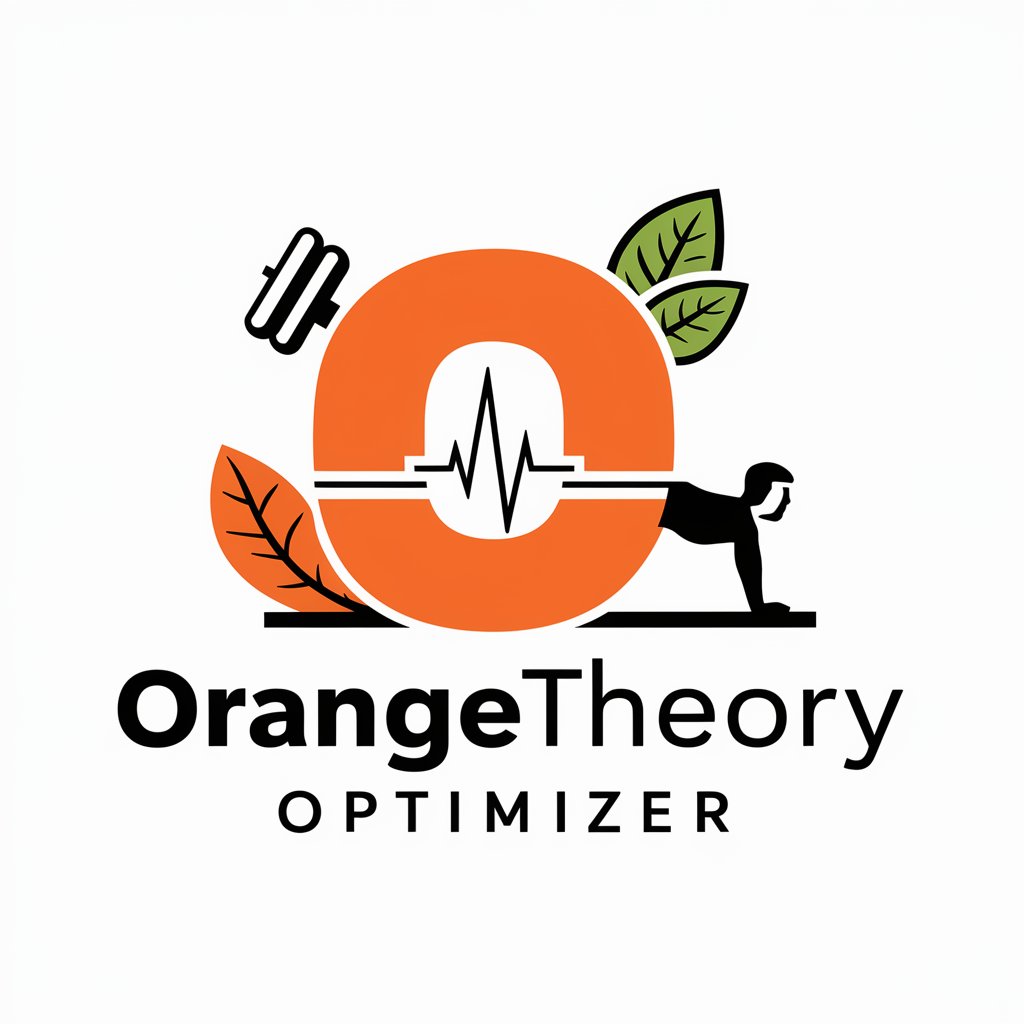
humanly GPT
Empower Your Work with AI
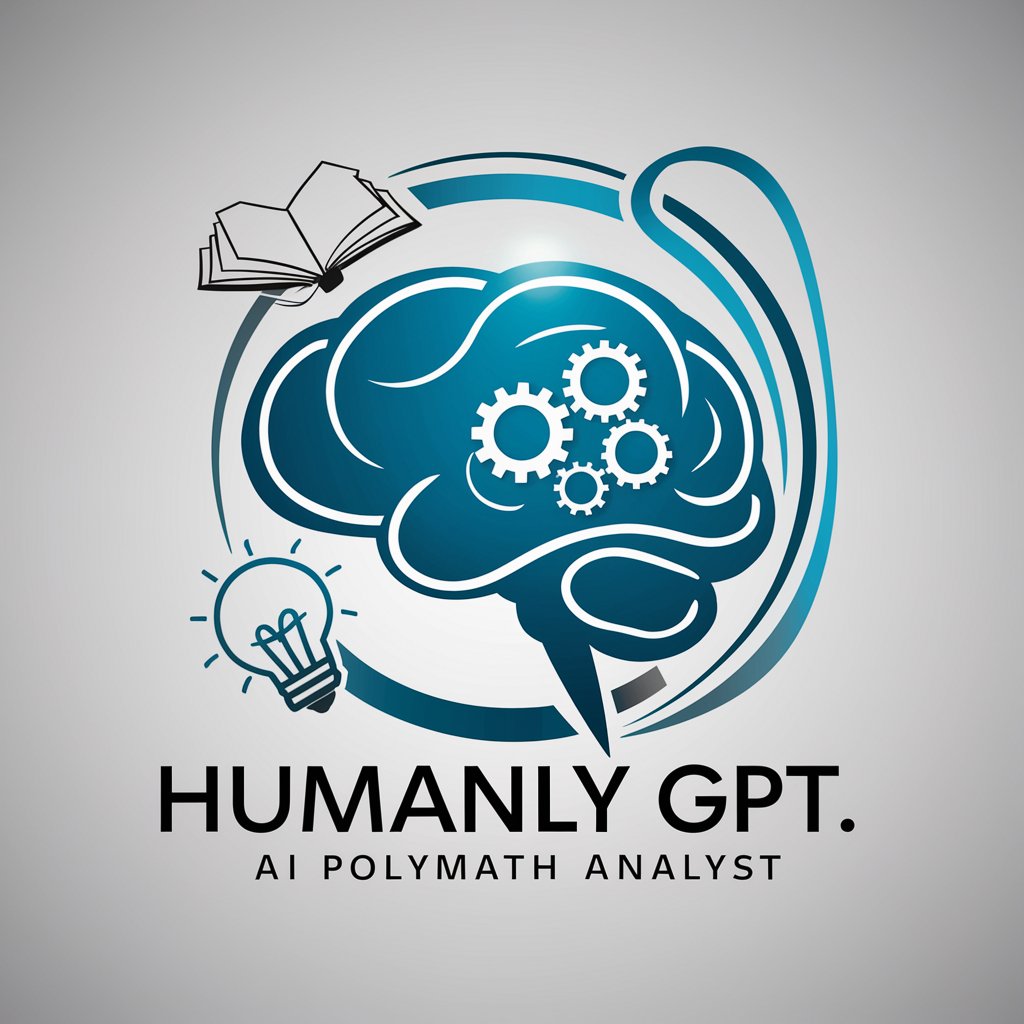
Ramorio
Expanding Minds with AI Wisdom
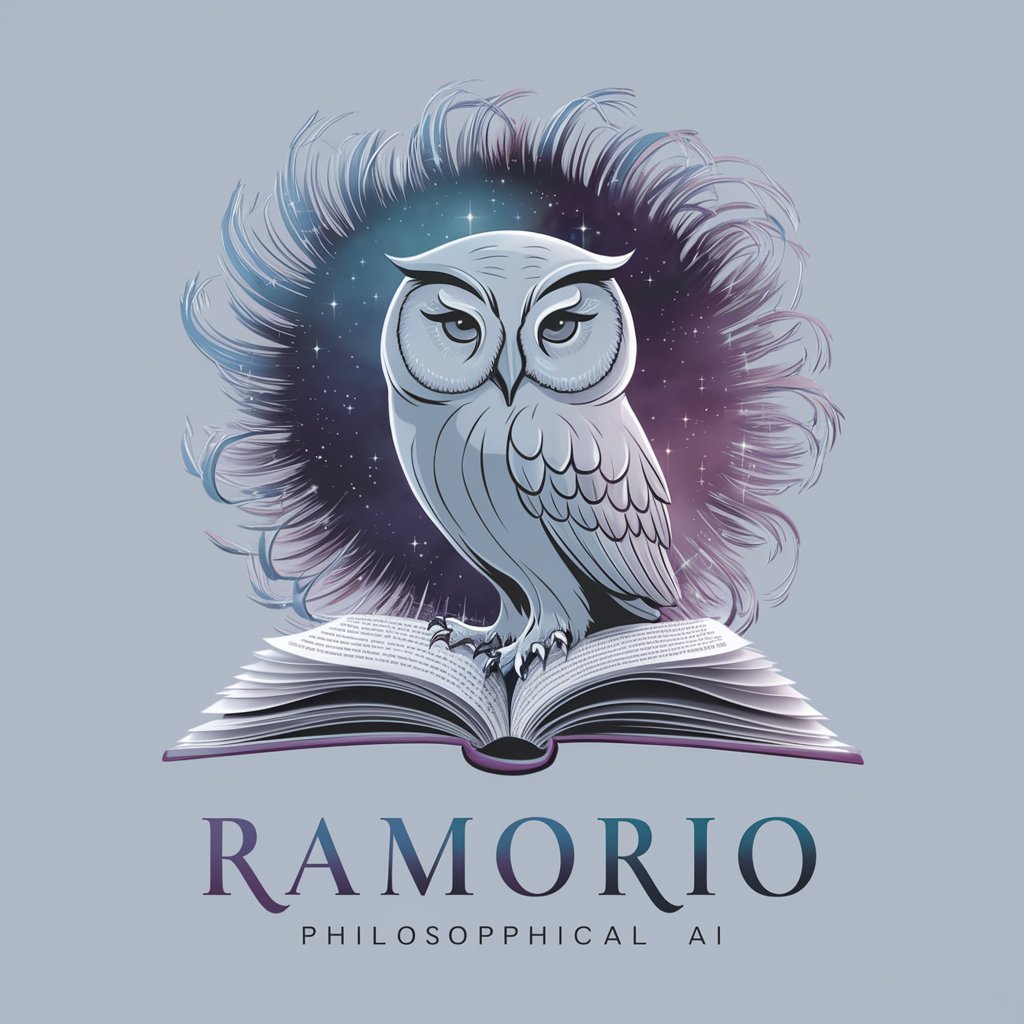
CLEP out of Principles of Macroeconomics
Master Economics with AI
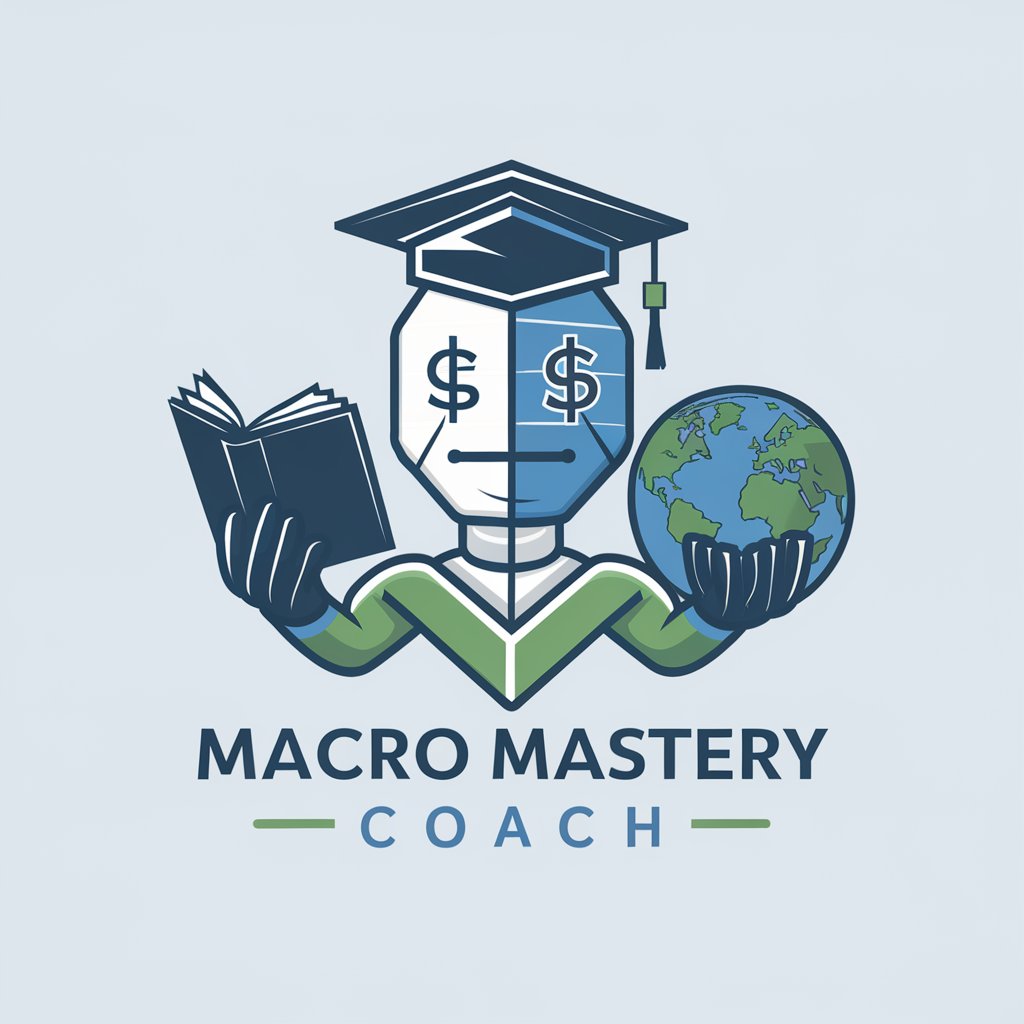
BizLang Malay Tutor
Master Business Malay with AI
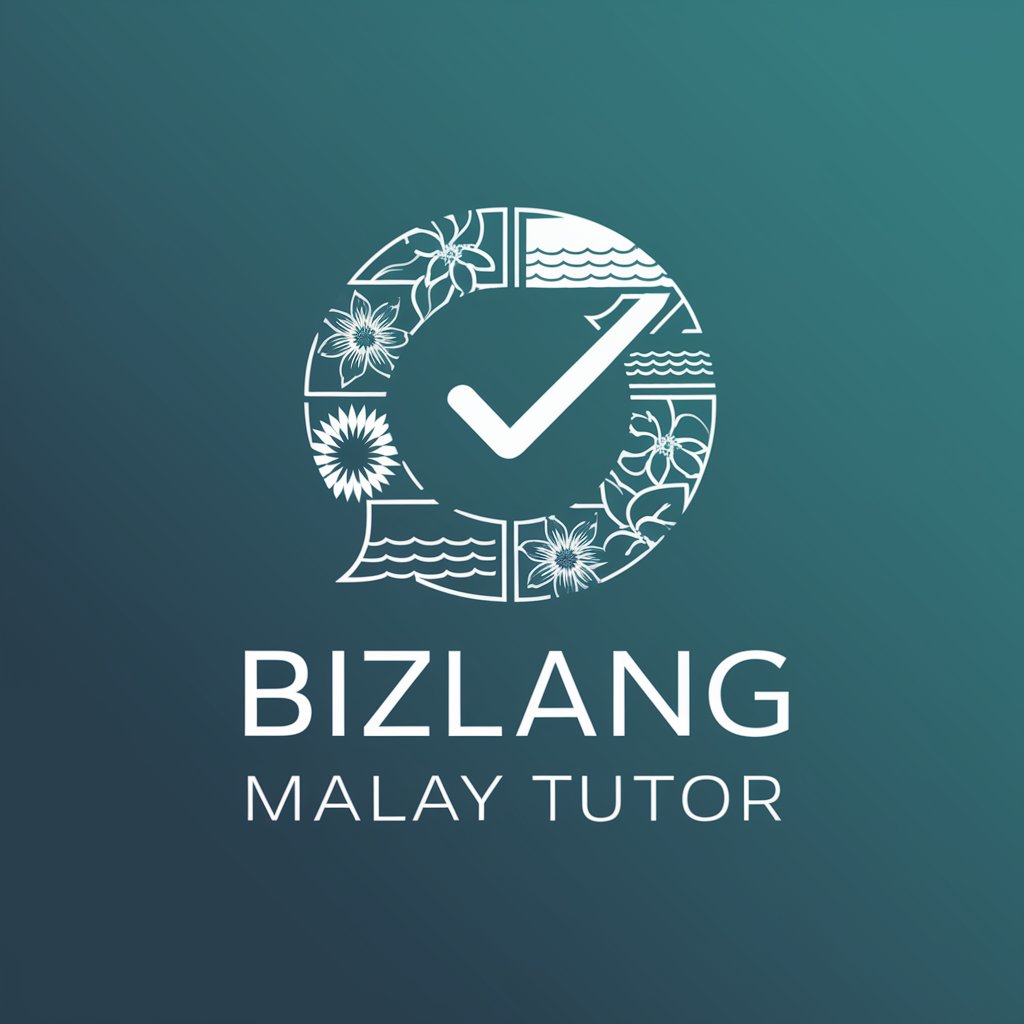
SEO Wizard for Malay Language
Optimize Malay Content with AI
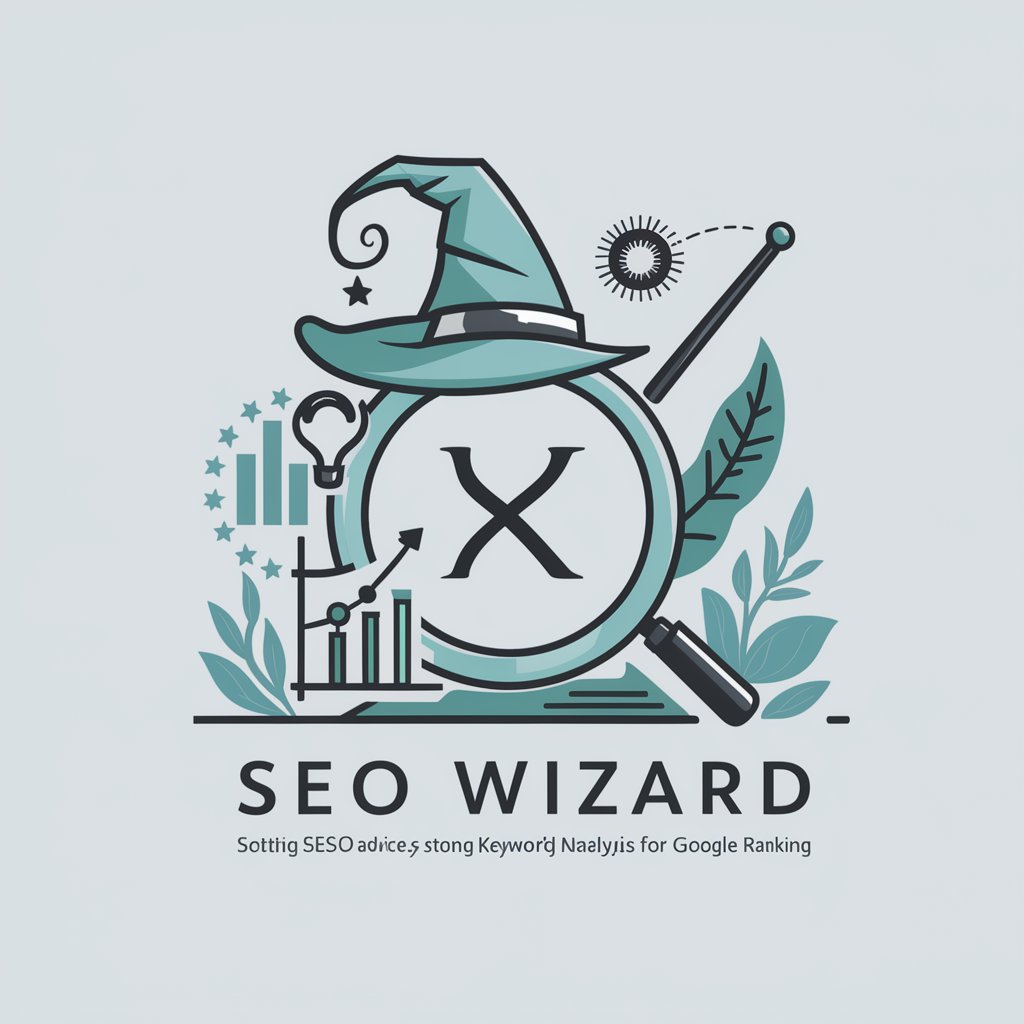
Learn Malay Fast and Fun
Master Malay with AI-Powered Fun
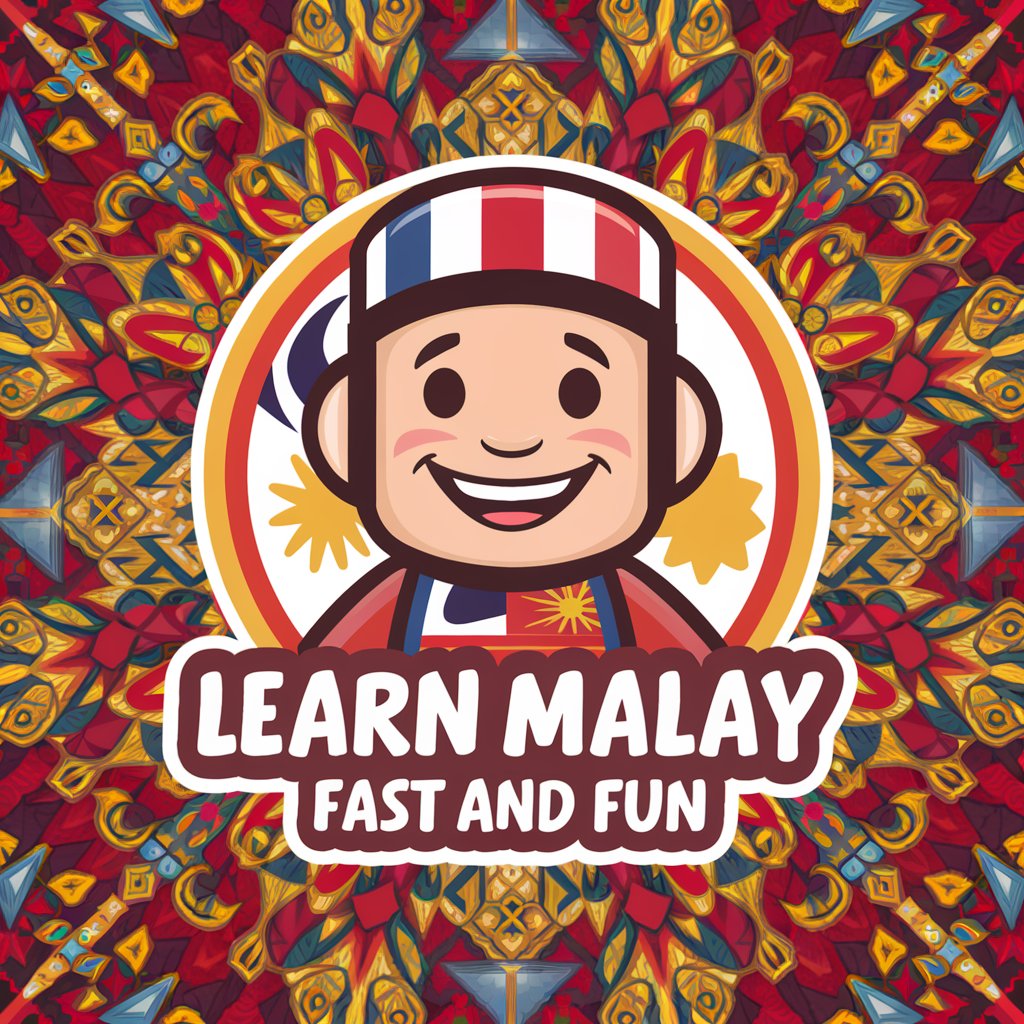
Hidden Gems Traveler
Discover Local Secrets, Powered by AI
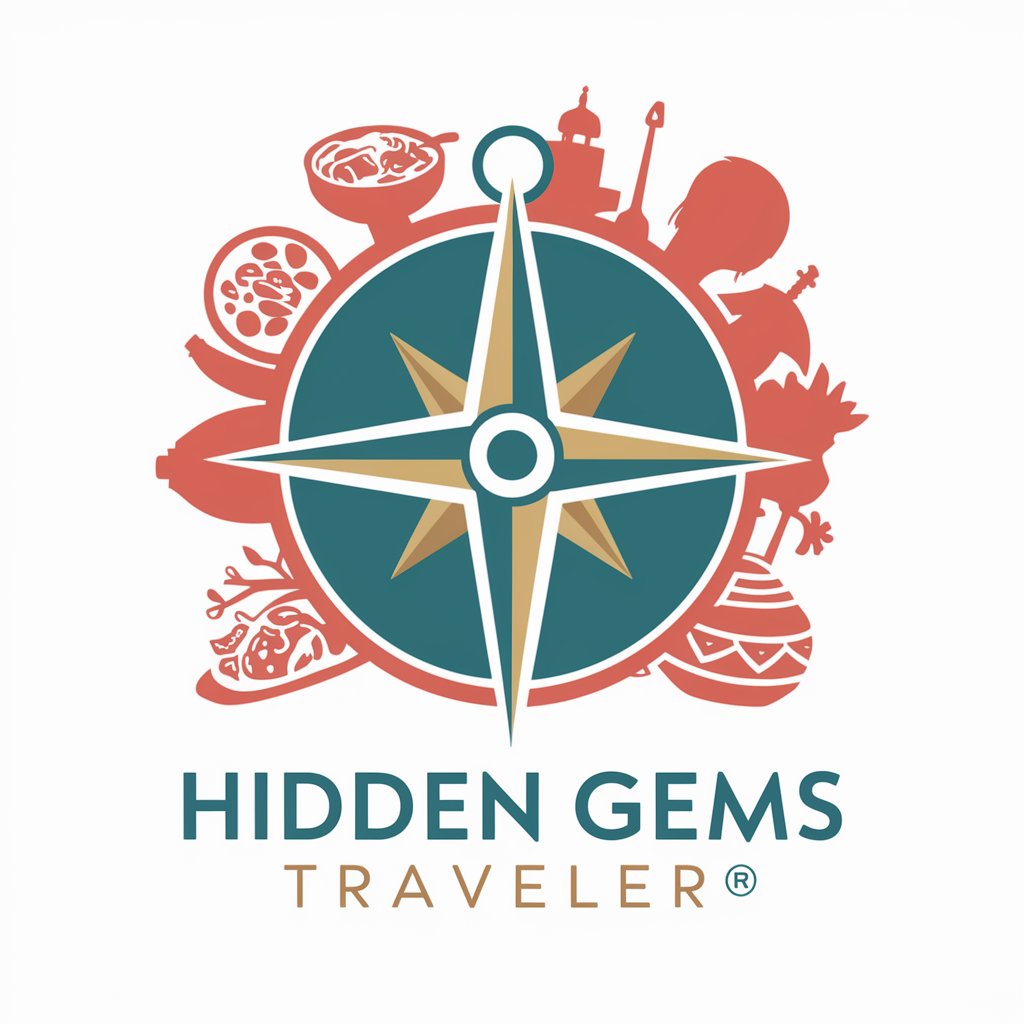
Hidden World
Unveil the hidden, discover with AI
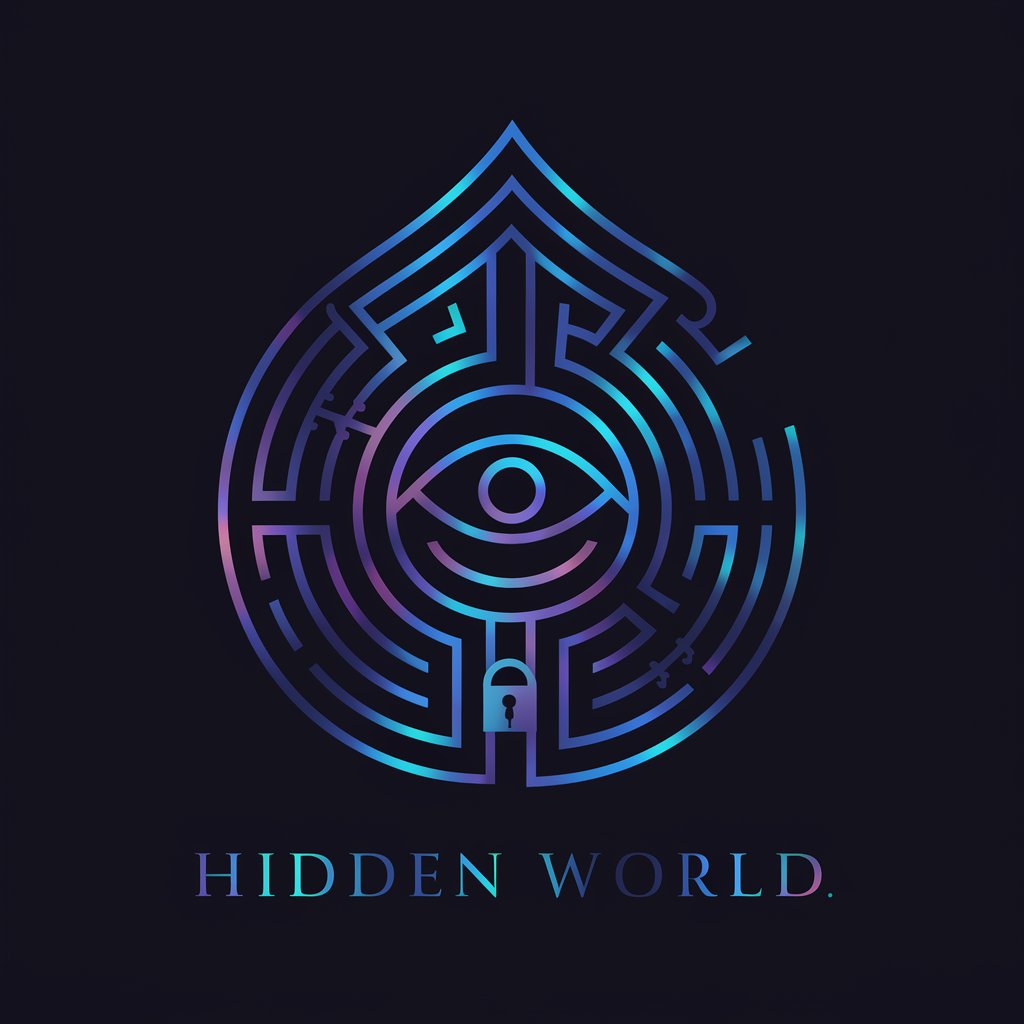
Hidden Meal
Cook Smart with AI-Powered Recipes
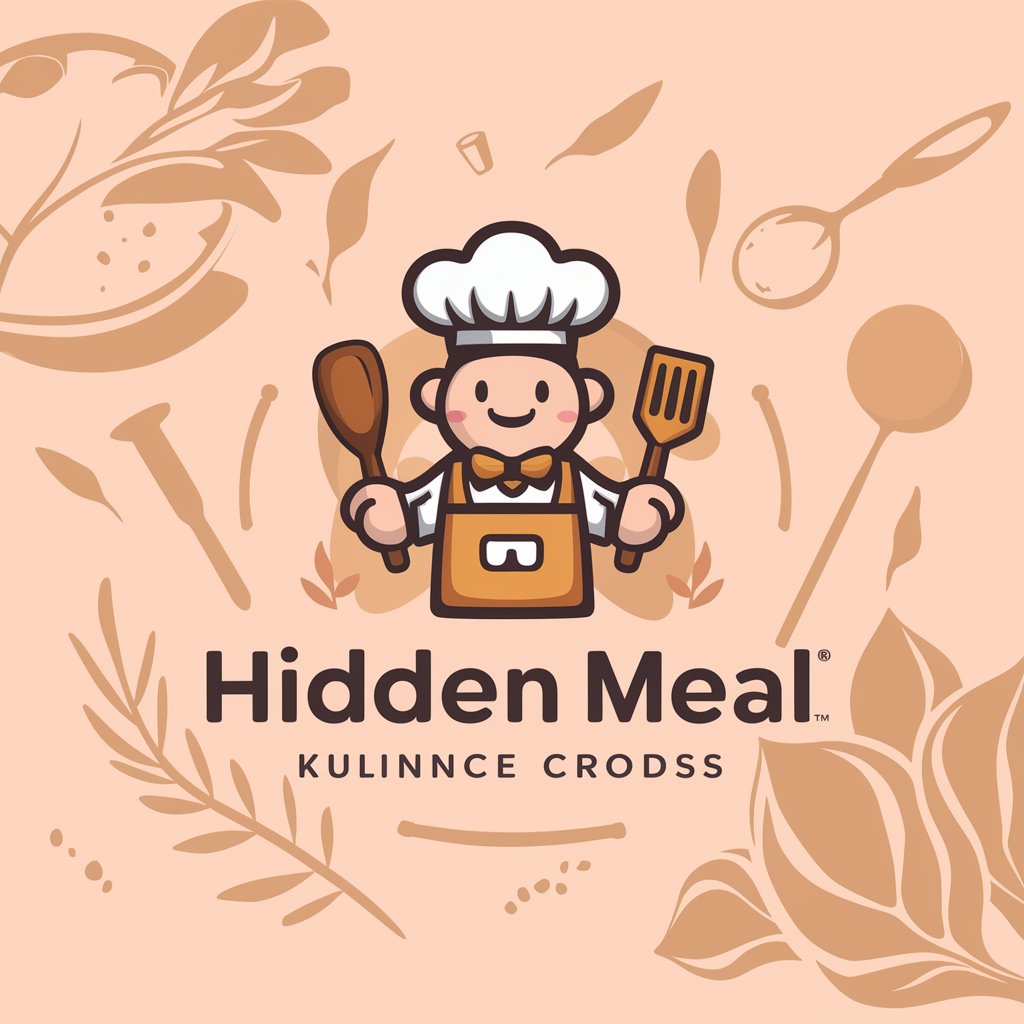
Empathic YA Lit Guide 1 Detailed Q&A
What mental health themes does Empathic YA Lit Guide 1 cover?
This guide focuses on themes such as depression, anxiety, eating disorders, substance abuse, and trauma, including PTSD, offering insights and critical analysis related to these issues in Young Adult literature.
How does Empathic YA Lit Guide 1 ensure sensitivity in discussions?
The guide offers trigger warnings for sensitive material and collaborates with experts to validate content, ensuring that discussions are respectful and empathetically handled.
Can Empathic YA Lit Guide 1 help with academic writing?
Absolutely, it provides detailed critiques and theoretical analysis that can enhance essays and research on YA literature, especially regarding its portrayal of mental health.
How often is the content updated in Empathic YA Lit Guide 1?
The content is regularly updated to reflect new critiques, emerging literature, and evolving perspectives within the discourse of mental health in YA literature.
Does the guide offer multilingual support?
Yes, it utilizes translation tools to make critiques accessible in multiple languages, emphasizing the importance of cultural context in the literature.
